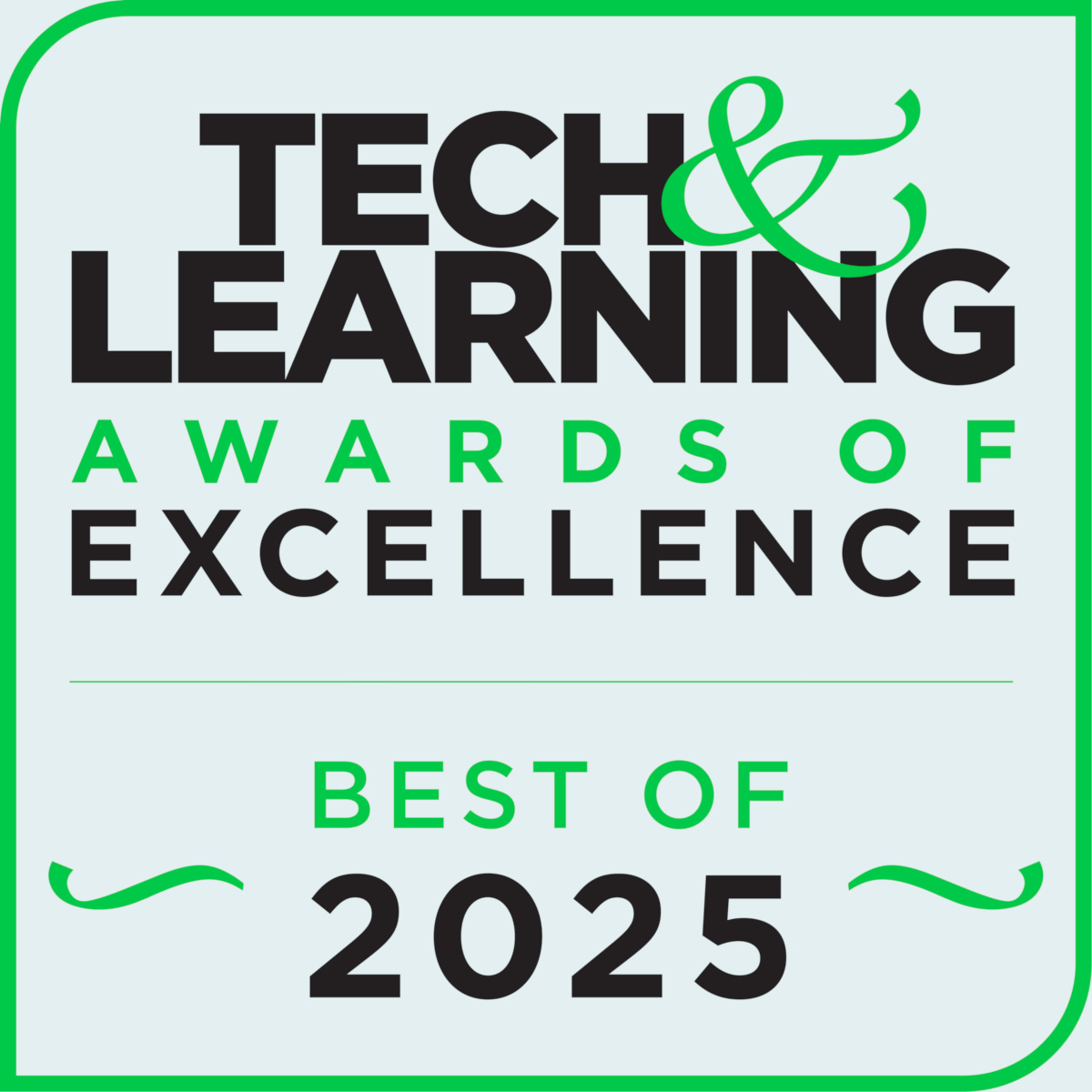Students learn math, have fun in virtual world
Kids like animals and computers games. And teachers need to a way to engage those kids in learning math concepts. The Minnetonka Public School District has put one and one together and begun using an online virtual world to build young students' mathematics skills.
Located in Minnetonka, Minn., the district serves more than 8,400 students and is focused on child-centered excellence. Minnetonka was a 2008 National Technology Salute Award winner for integrating technology into the classroom.
The district implemented Planet Turtle, McGraw-Hill Education's digital interactive classroom solution, in Grades K-3 at the beginning of the 2009-2010 school year. Available in English, Spanish and Mandarin Chinese, the program is used in both the regular classroom and Minnetonka's Spanish and Chinese immersion classrooms.
Planet Turtle is a virtual world where children can interact with their peers in a protected Web environment by developing online animal-based character avatars and completing learning "challenges" that progress as their skills improve. The program allows teachers to instantly assess the proficiency level of a particular student - giving teachers data that allow them to tailor their instruction based on the needs of each student.
Dave Eisenmann, director of instructional technology and media services for Minnetonka Public Schools, said approximately 2,000 elementary students are using Planet Turtle to learn early math skills in classrooms this school year.
"Since we've implemented this program, we've seen an incredible amount of excitement," said Eisenmann. "I have witnessed kids begging their teachers to let them take part in Planet Turtle and heard cheering from classes that are told they will get to use the program. Teachers are also excited about the program and its easy interface for management of individual student learning."
A recent study conducted by Education Development Center Inc. and SRI International commissioned by the Corporation for Public Broadcasting, showed that children were better prepared for success in kindergarten when their preschool teachers incorporated educational video and games from public media.
Tools and ideas to transform education. Sign up below.
With Planet Turtle, students can customize their own turtle avatar, explore and socialize together, participate in two-player games for a fun learning experience, and learn community values by working together toward common goals. Game types range from strategy-based to racing the clock, and players earn rewards of new features and an ever-expanding world. Planet Turtle and other programs from the Center for Digital Innovation help teach 21st century learning skills by cultivating critical thinking and Internet-based problem-solving.
